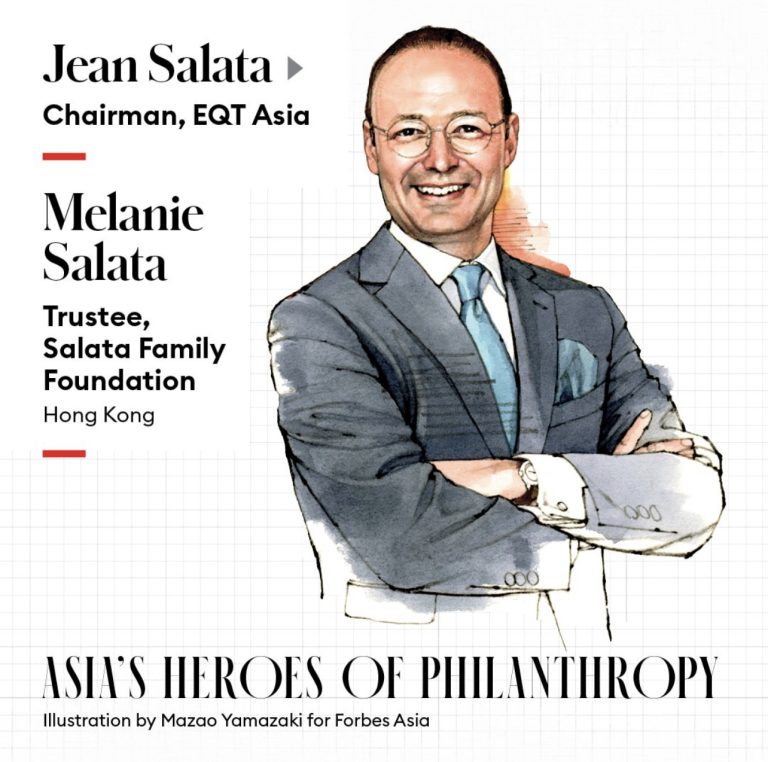The U.S. Food and Drug Administration (FDA) is taking a monumental step towards safeguarding public health, particularly the well-being of Black women, by contemplating a ban on specific hair-straightening chemicals. Research indicates that these chemicals, containing formaldehyde and formaldehyde-releasing agents, may be linked to an increased risk of uterine cancer. In this article, we delve into the significance of this potential ban and its implications for the beauty industry and beyond.
Key Points:
- A Triumph for Public Health:
- The FDA’s consideration of a ban on certain hair-straightening chemicals reflects a critical commitment to prioritizing public health and well-being.
- Addressing the potential risks associated with these chemicals underscores the agency’s dedication to safeguarding consumers, particularly Black women who have long been affected by the impacts of these products.
- Evolving Beauty Standards:
- Black hair stylists report a decline in the use of relaxers, particularly among younger generations, as awareness about their potential adverse effects on hair and overall health grows.
- This shift signals a broader movement towards embracing natural hair textures and adopting healthier lifestyles within the Black community.
- Formaldehyde and Its Health Implications:
- Formaldehyde and formaldehyde-releasing chemicals have been identified as potential carcinogens, raising concerns about their long-term impact on individuals exposed to them.
- The FDA’s consideration of a ban on products containing these chemicals signifies a proactive stance in mitigating potential health risks associated with hair straightening.
- Regulatory Milestones:
- The FDA’s inclusion of a potential rule in its regulatory agenda marks the initial step in the process, signifying the agency’s recognition of the urgency surrounding this issue.
- While the timeline for implementation may span several years, the FDA’s dedication to thorough evaluation and consideration is evident in this deliberate approach.
- Implications for the Beauty Industry:
- The potential ban would encompass both salon-grade and at-home products, underscoring the comprehensive approach taken by the FDA to ensure the safety and well-being of consumers.
- This regulatory shift may prompt innovation within the beauty industry, encouraging the development of safer alternatives and fostering a culture of transparency and accountability.
Conclusion:
The FDA’s contemplation of a ban on specific hair-straightening chemicals represents a watershed moment for public health, particularly within the Black community. By addressing potential risks associated with these chemicals, the agency demonstrates its commitment to consumer safety and empowerment. This potential ban not only signals a positive shift towards healthier beauty practices but also serves as a catalyst for industry-wide innovation and accountability. As the regulatory process unfolds, the collective impact of this measure promises to resonate far beyond the realms of hair care, leaving a lasting legacy of prioritizing wellness and inclusivity in beauty standards.
























